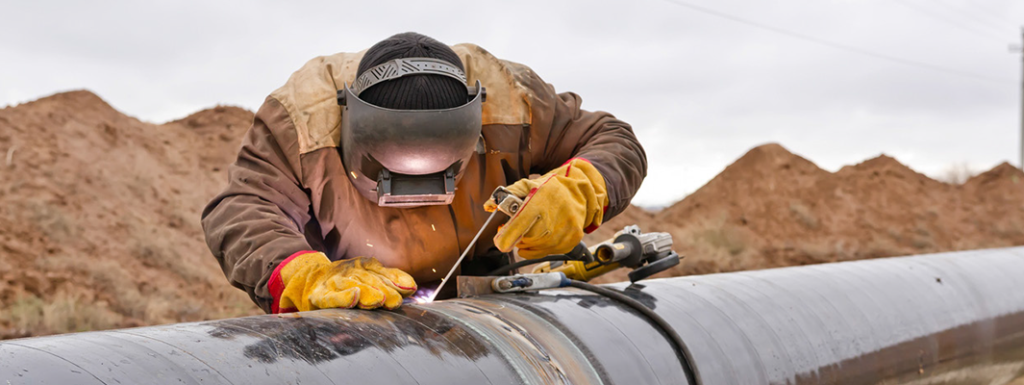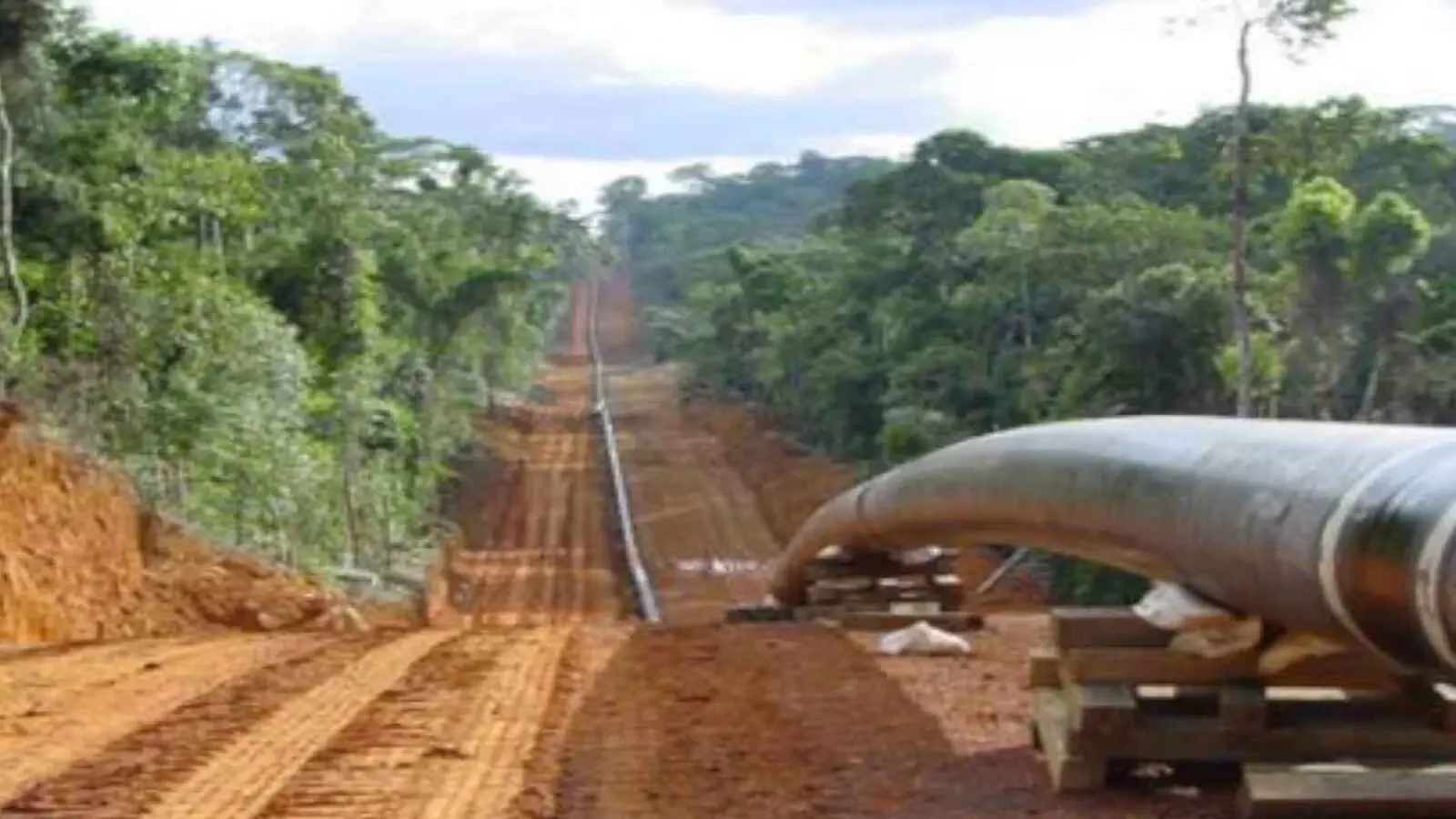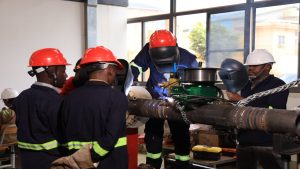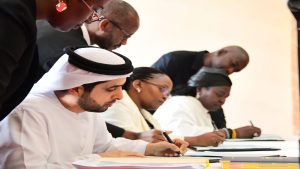Share
According to Ruth Nankabirwa, Uganda’s Minister of Energy and Minerals, the East African Crude Oil Pipeline (EACOP) construction cost has increased to $5 billion from the original estimate of $3.5 billion. The project, which extends throughout Tanzania from Hoima to Tanga, is experiencing higher costs because to things like COVID-19, inflation, and growing material prices.
In order to finance the project, stockholders were initially required to borrow $2.5 billion in debt and $1 billion in equity. However, due to the notable rise in building costs, investors—including the Uganda National Oil Company (UNOC)—will require more treasury funds in order to meet their commitments.

According to Nankabirwa, the decision to modify the cost estimate was taken in reaction to the COVID-19 pandemic-related global surge in material prices. The increased costs have been attributed to the postponement of the project’s start and the consequent inflationary pressures.
The Petroleum Authority of Uganda’s (PAU) Director for Economic and National Content Monitoring, Penina Ahebwa, gave assurances that plans for negotiations were in place to reduce the dangers of inflation. In order to protect stockholders from future cost increases, the transportation tariff was agreed upon throughout the negotiations.
TotalEnergies E&P Uganda, CNOOC Uganda, Tanzania Petroleum Development Corporation, and Uganda National Oil Company are the shareholders of EACOP, holding 62%, 8%, and 15% of the company’s shares, respectively.
When the Final Investment Decision (FID) for the Lake Albert project was made, historical expenses were not initially taken into account, according to Peter Muliisa, Chief Legal and Corporate Affairs at the Uganda National Oil Company. The project includes processing facilities, a long network of electrically heated pipelines, and oil field development.
Muliisa emphasized that 80% of the pipeline’s power needs would be met by five solar farms, utilizing renewable energy sources. Tanzanian and Ugandan grids will supply the remaining energy requirements.
Debt mobilization for EACOP has advanced well despite financial difficulties, and the first debt drawdown is scheduled for April. Dubbed the world’s longest electrically heated pipeline, the project is expected to be completed in 2025 as Uganda gets ready to produce its first oil.
The EACOP project has faced opposition from anti-fossil fuel activists, resulting in demonstrations and resolutions from international organizations. Minister Nankabirwa is unwavering in his assurance that the project will go according to schedule.









